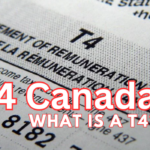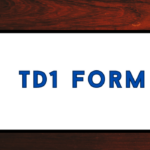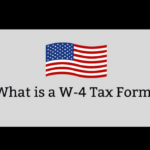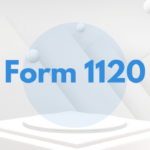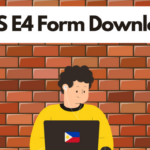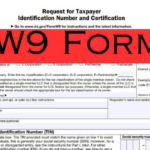Here, you will find all the essential information related to What To Expect From Universal Basic Income in 2024-2025: SRD VS UBI Breakdown. South Africa is on the point of an effective social and economic transformation with the prepared rollout of a Universal Basic Income program in 2024-25. This policy represents a move away from the temporary COVID-19 Social Relief of Distress grants and guides in a potentially permanent financial support system for all eligible citizens. Continue browsing this article to know more about What To Expect From Universal Basic Income in 2024-2025, SRD VS UBI, and more.
What To Expect From Universal Basic Income in 2024-2025
The SRD grant, introduced in 2020, was a lifeline during the pandemic, presenting temporary financial aid to unemployed South Africans who fulfilled specific income-based criteria. However, it had certain restrictions; the SRD’s on-again, off-again nature created uncertainty for beneficiaries. This program didnt enclose all vulnerable populations, and its application is conditional.
However, for 2024-25, the government has introduced a Universal Basic Income that delivers financial aid to most adult citizens within a specified age range, regardless of employment status or income. This program aims for broader poverty reduction, and there won’t be restrictions on spending on the UBI grant, fostering economic participation and individual agency. The UBI will imagined as a long-term social safety net showing financial security.
|
Important Links |
SRD VS UBI Breakdown
South Africa is poised for a significant shift in social welfare programs with the planned rollout of Universal Basic Income in 2024-25. Here’s a breakdown of the key differences between the existing Social Relief of Distress grant and the upcoming UBI program.
The SRD targets unemployed individuals between the ages of 18 and 60 to meet the specific means-tested criteria, indicating financial hardship. The UBI is designed for mature citizens aged 18 and 59, regardless of their income or employment status. Aims for broader coverage.
SRD is conditional on providing financial security, and the recipient has to reapply periodically to maintain eligibility. The UBI is unconditional, there are no restrictions, and it fosters individual agency.
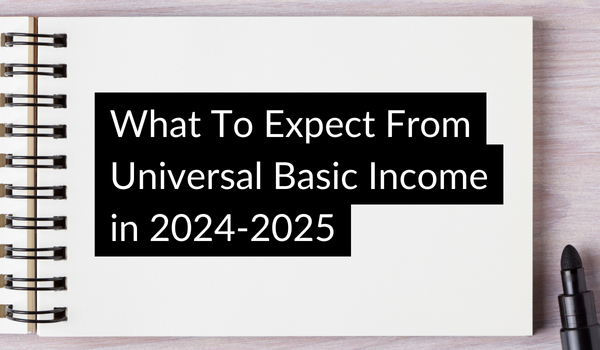
The SRD is a temporary program initially introduced as a COVID-19 relief measure. The Universal Basic Income is imagined as a long-term social safety net, providing a foundation of financial security.
SRD provides temporary financial assistance to those in immediate need. UBI has the potential to have a broader impact on poverty reduction, economic boost, social empowerment, and reduced inequality.
Therefore, both programs face challenges. SRD faces limited reach, a temporary nature, and potential for administrative burdens. The UBI is concerned about long-term fiscal sustainability, potential disincentives to work, and ensuring an efficient administrative system. These are some SRD VS UBI breakdowns.
|
Important Links |
You Should Know
While Universal Basic Income holds a significant promise, its funding is granted through the South African government, but they are trying to finalize a concrete funding mechanism for UBI. The exact value of the UBI grant is still being determined; it was initially discussed as a monthly range between R800 and R1200.
The UBI is expected to replace SRD but might also supplement existing social grants like the Child Support Grant and the Old Age Pension. The preface of UBI potentially leads to a substantial impact on the South African social and economic geography. It will help with poverty reduction, economic boost, social empowerment, and reduced inequality.
South Africa’s decision to implement a UBI program is significant. If successful, it could operate as an ideal for other developing countries grappling with poverty and imbalance. The world will be watching closely to see how South Africa navigates the challenges and reaps the potential benefits of this groundbreaking policy shift.
Therefore, the SRD grant was a response to economic hardship; it delivered monthly stipends to unemployed South Africans who met the specific means-tested criteria. This meant demonstrating financial distress to qualify and offering a vital lifeline during a difficult period; it had limitations. The SRD was never intended to be a long-term solution; its application process involved providing financial hardship, and it didn’t encompass all vulnerable populations, leaving some in need without support
Continue Browsing SMT home to get more information.
